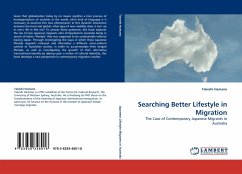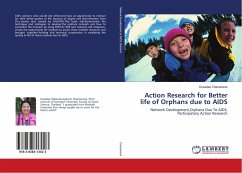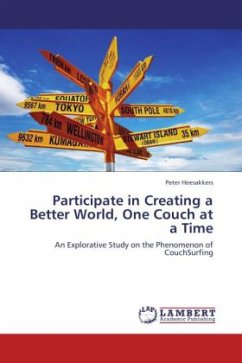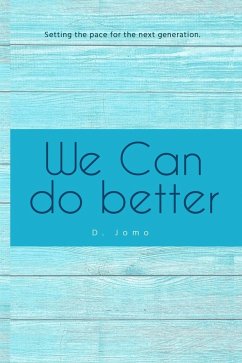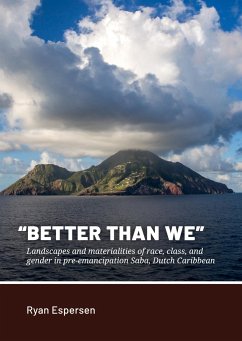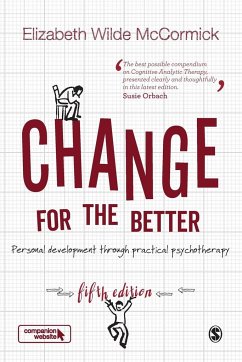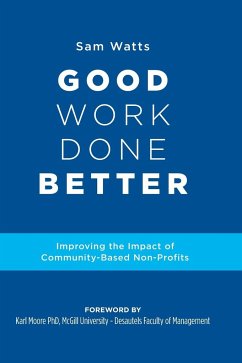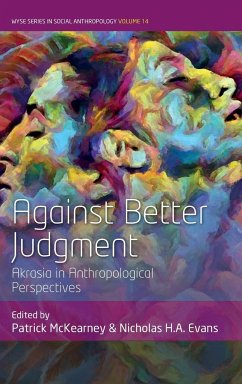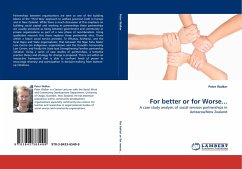
For better or for Worse...
A case study analysis of social services partnerships in Aotearoa/New Zealand
Versandkostenfrei!
Versandfertig in 6-10 Tagen
52,99 €
inkl. MwSt.

PAYBACK Punkte
26 °P sammeln!
Partnerships between organizations are seen as one of the building blocks of the Third Way' approach to welfare provision both in Europe and in New Zealand. While there is much discussion of this emphasis on building social capital and working in partnerships these partnerships are usually perceived as being between government and community or private organizations as part of a new phase of neo-liberalism. Using qualitative research this thesis explores three partnership sites: Those within a Maori social service provider, Te Whanau Arohanui, and the local Hapu and State organisations; that be...
Partnerships between organizations are seen as one of the building blocks of the Third Way' approach to welfare provision both in Europe and in New Zealand. While there is much discussion of this emphasis on building social capital and working in partnerships these partnerships are usually perceived as being between government and community or private organizations as part of a new phase of neo-liberalism. Using qualitative research this thesis explores three partnership sites: Those within a Maori social service provider, Te Whanau Arohanui, and the local Hapu and State organisations; that between the Ngai Tahu Maori Law Centre (an indigenous organization) and the Dunedin Community Law Centre; and finally the State lead Strengthening Families partnership initiative. Using a series of case studies of partnerships, a tentative practice theory and strategy for change is proposed. This is set within an interactive framework that is able to confront levels of power to encourage diversity and participation in decision-making from bottom-up initiatives.



